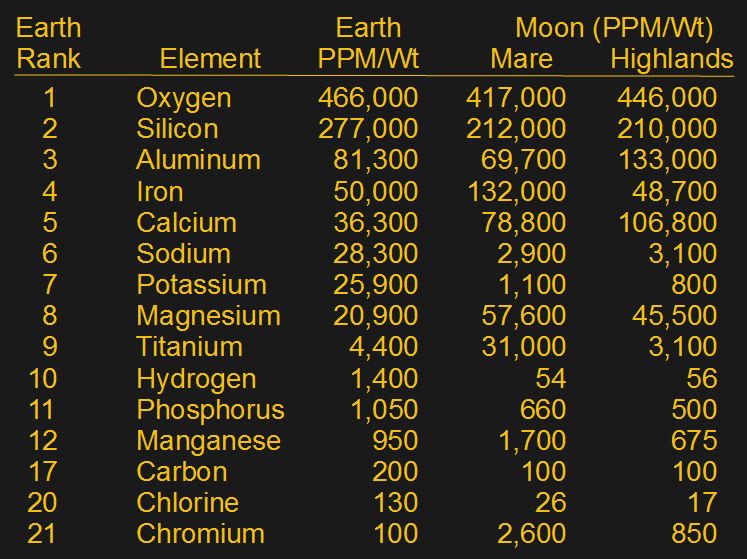http://www.spacedaily.com/reports/M...lenges_to_acquiring_SatCom_platforms_999.htmlWith high-throughput satellites covering 99% of the populated regions of the world, commercial satellite providers like Intelsat General are ready and willing to serve the growing bandwidth needs of the military defense market. But there's a catch. At the Global MilsatCom conference held earlier this month in London, new acquisition challenges came to light: Countries are still trying to figure out what they need and how they'll get it.
In the military, "they want video everywhere, and they want it to be high definition," Intelsat General President Skot Butler told SpaceNews.
However, supply has been an issue in the past. "With forces deployed around the world, it seemed there was never enough bandwidth to stream live video and fly surveillance drones over war zones," writes Sandra Erwin in another recent SpaceNews article.
Now, according to Christopher Baugh, president of Northern Sky Research, "There are orders of magnitude more supply coming." Baugh estimates that satellite service providers will generate 7 terabits of capacity by 2026-eliminating the issue of supply.
With 50 spacecraft, Intelsat operates one of the world's largest satellite fleets in operation today, and is currently in the process of building the last in a constellation of six HTS satellites. The resulting Intelsat EpicNG network can provide between 200 and 300 percent more throughput than existing wideband satellites, which comprise the U.S. government's own satcom constellation. In addition to performance improvement and security enhancements, the increased power of these high-throughput satellites has resulted in a lower cost per bit to the end user.
"The cost of satellite communications has dropped in recent years, and over the next six to 12 months could dip further, according to Baugh, from 3 percent to 20 percent, depending on the applications," writes Erwin.
http://www.gpsdaily.com/reports/Galileo_satellites_atop_rocket_for_next_Tuesdays_flight_999.htmlEurope's next four Galileo navigation satellites are in place atop their Ariane 5, ready to be launched next Tuesday.
Liftoff from Europe's Spaceport in Kourou, French Guiana is scheduled for 18:36 GMT (19:36 CET, 15:36 local time), carrying Galileo satellites 19-22.
Completion of Galileo's Ariane 5 rocket took place in the Spaceport's Final Assembly Building, following the arrival there of the quartet of satellites, already attached to the dispenser that will hold them in position during launch, then release them into their target 22 922 km-altitude orb
Toiseksi viimeinen satsi Galileoa on lähdössä kiertoradalle.




